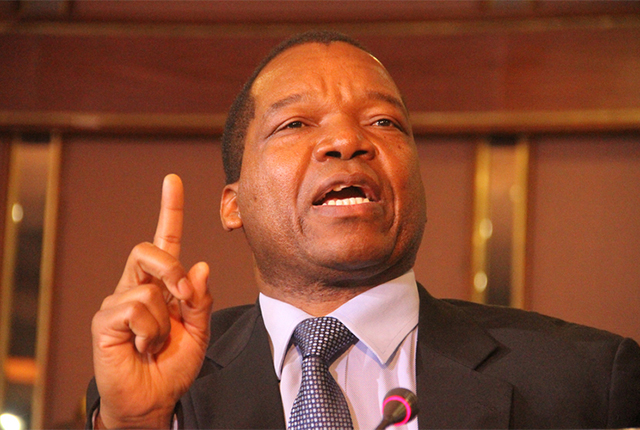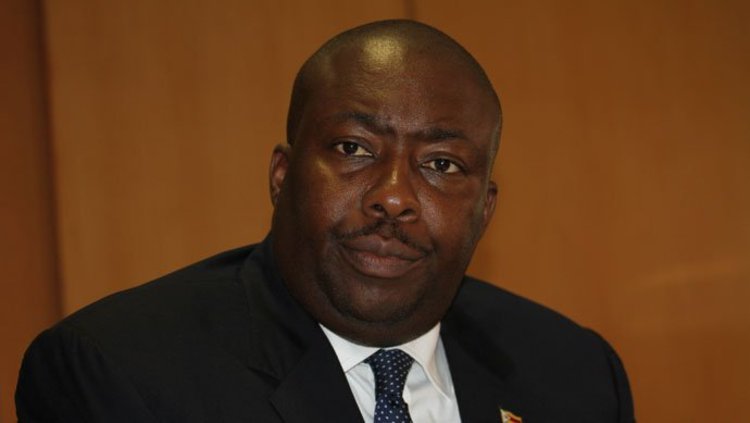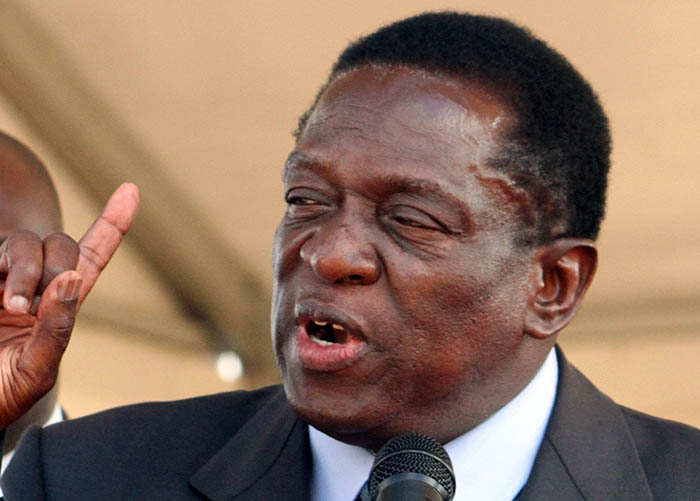RBZ sets cash back limit

Walter Muchinguri Assistant Business Editor
THE Reserve Bank of Zimbabwe (RBZ) yesterday set the maximum limit for any cash back facility by retailers and wholesalers at $20 as it evoked the Bank Use Promotion Act (Chapter 24:24) to deal with illegal activities in the retail sector, such as cash hoarding.
The central bank said, in a statement, that henceforth, manufacturers and suppliers of goods — including those in the fuel sector — should not demand cash for any goods supplied to retailers and wholesalers.
Retailers and wholesalers, the RBZ said, were compelled to charge the same price for any particular product irrespective of the mode of payment and desist from multiple pricing of goods on account of mode of payment.
In drawing up the framework, the RBZ said it had been guided by the realities of prevailing trading patterns, whereby retailers and wholesalers are an integral stakeholder in the overall circulation of currency in light of their interface and linkages with manufacturers (suppliers) and the general public (consumers) through the distribution of various commodities.
Highlights . . .
- Cash back limit set at $20 to curb cash hoarding.
- Retailers, wholesalers to bank excess cash collections within 24 hours.
- No premium to be levied on consumer despite mode of payment.
- Retailers, wholesalers to bank all cash and maintain records of transactions (including purchases, sales, discounts and banking).
“To ensure the smooth circulation of currency in the economy and ease of transacting, it is imperative that all retailers and wholesalers adhere to the relevant guidelines and regulations governing their operations,” the RBZ said.
“Retailers and wholesalers shall be enjoined, in compliance with the provisions of the Bank Use Promotion Act [Chapter 24:24], to bank the cash generated from their businesses and maintain records of all transactions (including purchases, sales, discounts and banking).
“Any cash-back facility made available by retailers and wholesalers shall not exceed an amount of $20.00.”
In addition, retailers and wholesalers will be required to bank all excess cash collections within 24 hours.
The RBZ said it will also collaborate with wholesalers, retailers and their associations to ensure the adequate provision of Point of Sale (POS) machines in order to enhance the use of plastic money for transactions.
“In line with the need to promote financial transparency, banking and the use of plastic money, manufacturers and suppliers of goods, including fuel, should not demand cash for any goods supplied to retailers and wholesalers,” said the central bank.
“In this regard, any dispensation and matching arrangements previously granted to certain sectors are hereby revoked.
“Retailers and wholesalers shall sell any particular product for the same price irrespective of the mode of payment and desist from multiple pricing of goods on account of mode of payment (cash, Real Times Gross Settlement (RTGS) and Point of Sale or a combination of any two or more of them).
“For the avoidance of doubt, retailers and wholesalers shall not charge any premium for the sale and purchase of their wares on the basis of mode of payment. Similarly, any cash or quantity discount shall, in accordance with best practice, be granted in the normal course of business and not on the basis of the multiple pricing system.”
The RBZ said retailers and wholesalers should remain committed to ensuring convenience to the public and an improved and transparent trading environment, which is free of money laundering and tax evasion.
The measures come a few days after Finance and Economic Development Minister Patrick Chinamasa disclosed that three traders had been arrested and appeared before the courts where they pleaded guilty and were awaiting sentencing for not banking proceeds from their daily cash sales.
Minister Chinamasa, who was speaking in Parliament, said there were instances where retailers and wholesalers were receiving $1,5 million daily, but only banking $35 000, while bond notes were being hoarded to buy foreign currency on the black market.
“The Reserve Bank of Zimbabwe (RBZ), through its Financial Intelligence Unit, has been positioning people at traders to find out cash sales of that day and how much was banked,” he said. “We are going to intensify those efforts and it will not stop us from passing a law that any businessperson who does not bank money will have his licence withdrawn.”
Minister Chinamasa warned that businesses engaging in illegal dealings risked having their licences cancelled.










Comments